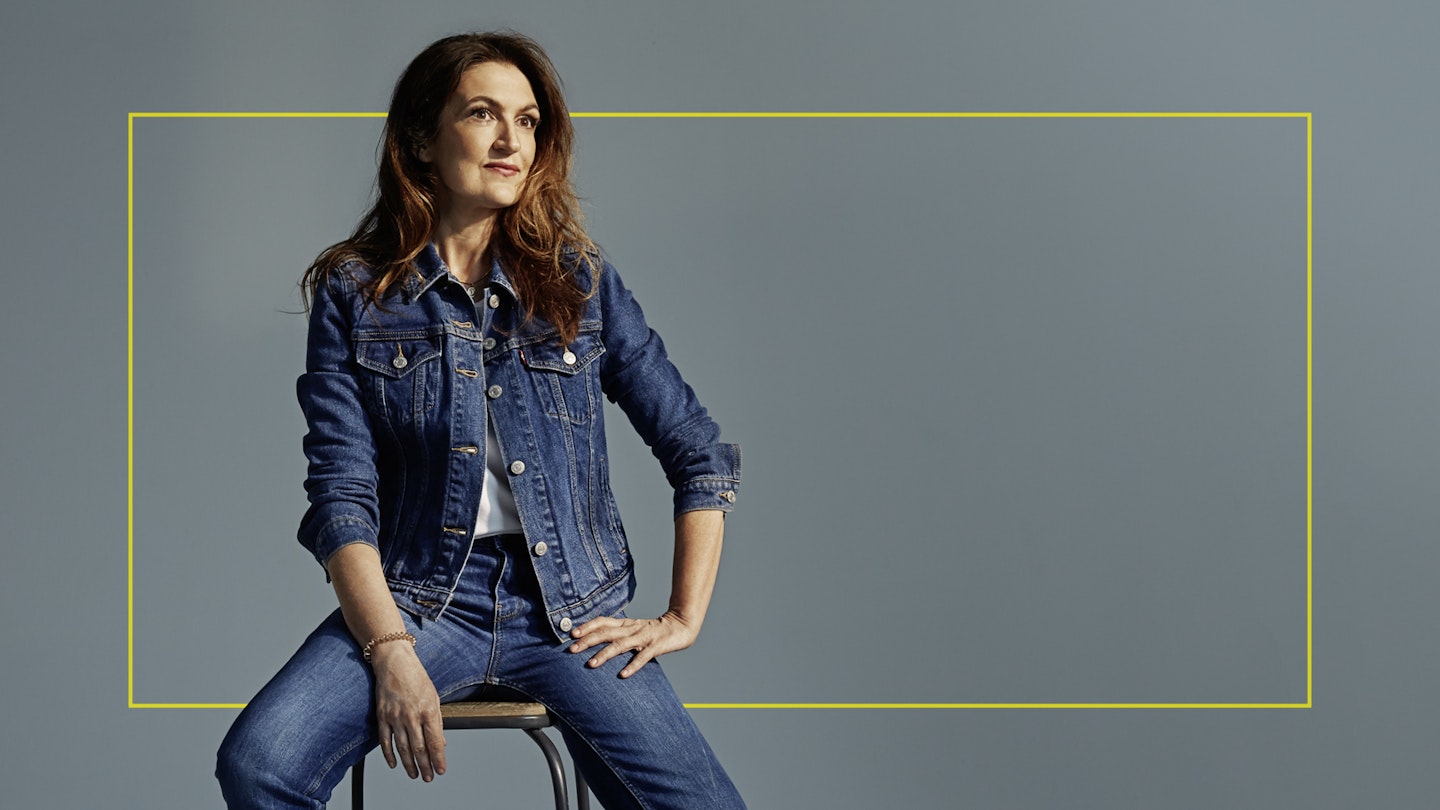I was greeted with good-natured laughter the first time I called myself an orphan. The person laughing wasn’t being callous – the word just feels peculiar when used by an adult. Orphans have tight, red 1970s perms and kindly wealthy benefactors. They don’t have mortgages and powerful anti-ageing creams.
So what exactly are you when you lose your whole family in adulthood? You’re someone without fellow witnesses to your past. You’re a person now qualified to give a Ted Talk called ‘Nailing a Funeral Eulogy’. My family didn’t live a conventional life, and they didn’t leave in the conventional order. It was my sister Rachael who died first, at 43, with brutal haste. We were trying on clothes in Topshop in December and, a few weeks later, she was diagnosed with stage four cancer. She didn’t make it to February.
Her loss altered the landscape irrevocably. Rach was the gentle heroine in our family dynamic: she had a Farrow & Ball front door in Mole’s Breath, an estate car, a puppy called Giggle and two beautiful daughters aged 10 and one. I was the adventure-seeking party girl with parking tickets and stilettos scattered around my car, and a history of brief relationships. Someone had made a catastrophic admin error interrupting her life instead of mine.
After my sister’s death, in public I became the brand ambassador for ‘keep calm and carry on’ – in private, I’d often lie on the kitchen floor, hiding my raw pain from concerned friends. I sometimes made furtive calls to my sister’s mobile – just to hear her voice, a fix, reminding me I hadn’t imagined her whole existence. And then fate whispered, ‘Buckle up, we’re not quite done with you yet.’ In 2015, within just three years of my sister’s death, my ebullient mum died from motor neurone disease, followed shortly afterwards by my father, who collapsed suddenly from a fatal stroke.
It felt surreal emerging from the hospital into the noisy London traffic after my father’s death, closing the final chapter on my family. My friends rallied around to cloak me in a shawl of protective love while I staggered through the days trying to process the losses. I felt as if Control-Alt- Delete had been pressed on my entire backstory, leaving a blinking cursor, my history voided. The fragments of our collective tapestry known only to us – the childhood tantrums, the eccentric friends, the funny anecdotes – were suddenly part of a language that had ceased to exist. Trying to mourn them individually felt overwhelming, like a fairground Whac-A- Mole game; bursts of sadness popping up too swiftly for me to process them all. Reality would hit me at unexpected moments, such as being faced with a routine medical form asking for next of kin.
And then there was Christmas. I spent some of it with my brother-in-law and nieces, toasting ‘mummy Rachael’, the name we’d given my sister, and some of it submerging myself into the warm family life of my best friend Jane’s home. But the sense of seasonal excitement belonged to other people now – the sounds of Wham!’s bouncy sleigh bell melody emerging from shops felt tinged with melancholy.
My family had been wiped out in one epic Game Of Thrones finale. I felt like I didn’t know who to be any more without their lively presence. It took me hard work with a therapist sent from the gods to understand that I had spent my whole life defining myself through others – the sister of a wise, kind angel, the daughter of two show-stopping outliers. Which is why I suddenly felt I had nothing now. But there’s a funny thing about waking up one day with nothing. You start to realise that in a sense you have everything. You can start from the beginning, throw out the old script that defined you and be whoever you want to be.
I signed up for a course called The Hoffman Process, which Thandie Newton has called an ‘MOT for the soul’. I learned there that the past doesn’t inform who you are. That you can unlearn negative patterns from childhood. That being truthful and vulnerable leads to happiness in a way that being brittle and cool never can. And that, ultimately, everyone is guilty, but no one is to blame. Six months later, I had redecorated my home and filled it with things I loved. I left my office job. I decided to write a memoir about my journey back from loss. And finally, inspired by the comfort I’d got from my late sister’s beautiful dog, I got my very own puppy – Raymond – and began doing a podcast for The Times, interviewing people over a dog walk. I never imagined that a puppy would end up being my saviour, but his total boundless enthusiasm, energy and joy act as a daily shot of sunshine. (Look, the picking up poos thing gets old, but it’s a tax I’m happy to pay.)
So it turns out not all orphans need a wealthy male benefactor to swoop in and save them. The unconditional love of a loyal little dog might do it. The support of a family you build yourself with an army of loving friends. And, without throwing shade at the world’s most famous orphan, it’s about obsessing less about that whole ‘tomorrow’ business. ‘Today’ is the one to shout about.
Emily Dean’s book, ‘Everybody Died, So I Got A Dog’ (£16.99, Hodder & Stoughton) is out now
